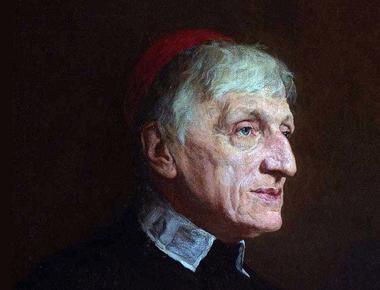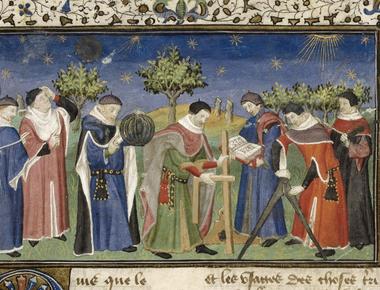
As the calendar year draws to a close, many face the onerous preparations and obligations that mark the holiday season, and the hustle and bustle and frenzy of the shopping season is palpable—not to mention year-end reports or grading for some. Cards, lists, stores, travel. In the northern hemisphere, and places like Pittsburgh, the sun takes its leave far too early each day, and the bitter winds test the worth of our textiles.












